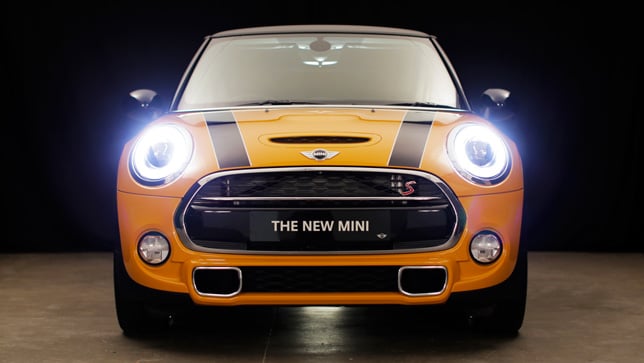Wearable technology will "transform the doctor-patient relationship"
Dezeen and MINI Frontiers: wearable technology will revolutionise healthcare for doctors and patients alike, says the director of design studio Vitamins in our final movie from December's Wearable Futures conference.
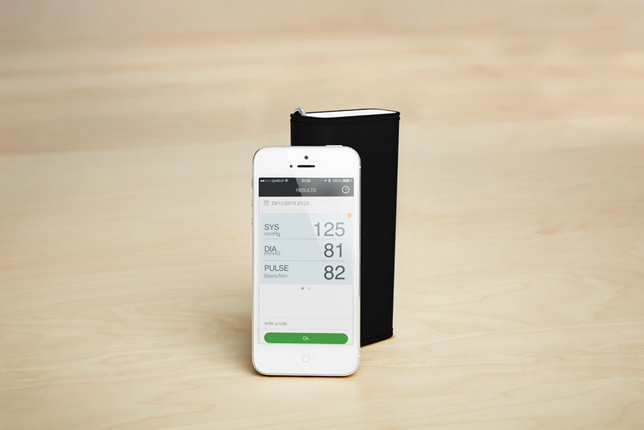
"In the future there’s no doubt that wearable technologies are going to be part of our everyday lives," says Duncan Fitzsimons of design studio Vitamins, which has worked with healthcare company Qardio to develop a new range of wearable health-monitoring devices.
Increased usage of such devices will, he claims, make the "the doctor-patient relationship change [for the] better".
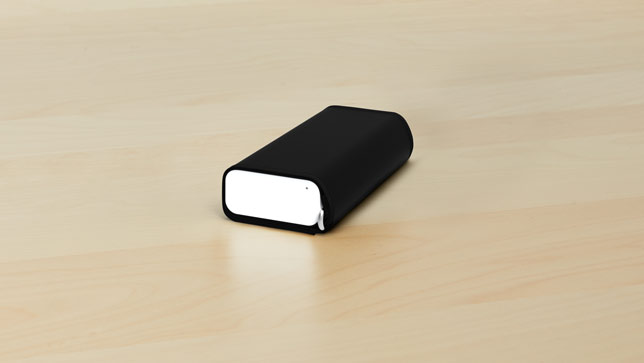
Fitzsimons explains how the current constraints on an appointment between patient and doctor - lack of time and lack of information - can be mitigated by personal monitoring devices that collect patient data over a long period of time.
"When we are ill at the moment we only see the doctor for a very small amount of time. This is just a snapshot in the progress of your illness," he says.
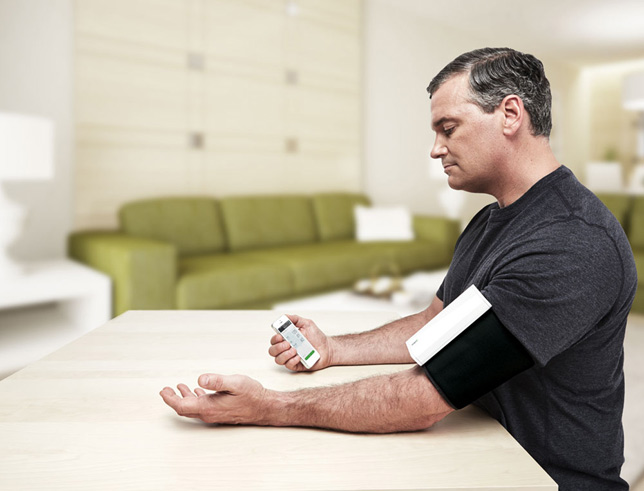
"If [a doctor] has access to a wider amount of data, they'll be able to see how your illness has started, progressed and perhaps is tailing off," he continues. "That will enable them to have a lot more information to diagnose you better and also enable you to have a more transparent window into your health so that you can understand it better as well."

For these benefits to be realised, Fitzsimons says the technology to record this data needs to be attractive and easy to use, citing two Qardio products as examples: the QardioArm, which measures blood pressure and the QardioCore, a wearable ECG (electrocardiogram) monitoring device, commonly used to detect abnormal heart rhythms.
Both are designed, says Fitzsimons, to look unlike medical devices and use a smartphone as the interface with the patient.
[The above paragraph was amended on 27 February 2014. Previously, it was stated that Vitamins would be launching the QardioArm and QardioCore products.]
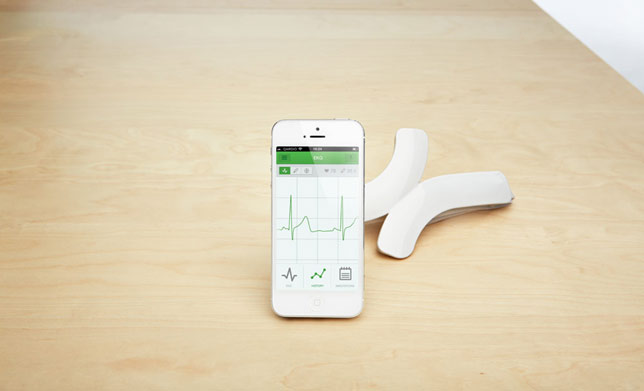
Fitzsimons is the co-founder of Vitamins, the design studio which last year won the transport category at the Design Museum Designs of the Year 2013 awards for its Folding Wheel project.
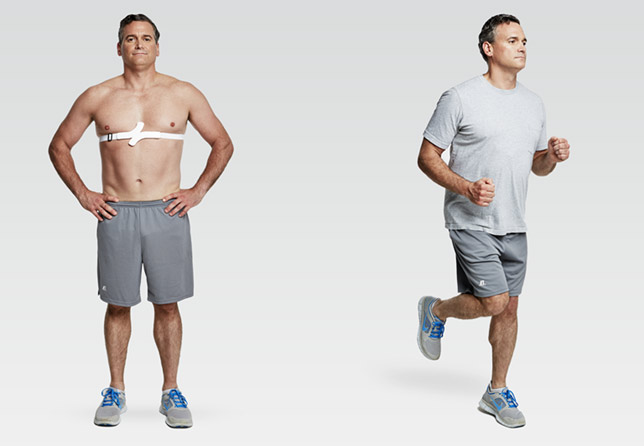
This is the fifth and final movie from the two-day Wearable Futures conference that explored how smart materials and new technologies are helping to make wearable technology one of the most talked-about topics in the fields of design and technology.
In the first movie, designer of Dita von Teese's 3D-printed gown Francis Bitonti explained how advances in design software mean "materials are becoming media". In the second, Suzanne Lee explained how she makes clothes "grown using bacteria." In the third, Shamees Aden explained how scientists are combining non-living chemicals to create materials with the properties of living organisms. In the fourth, Pauline van Dongen called for wearable technology to "transcend the world of gadgets".
The music featured in the movie is a track by DJ Kimon. You can listen to his music on Dezeen Music Project.
Dezeen and MINI Frontiers is a year-long collaboration with MINI exploring how design and technology are coming together to shape the future.
